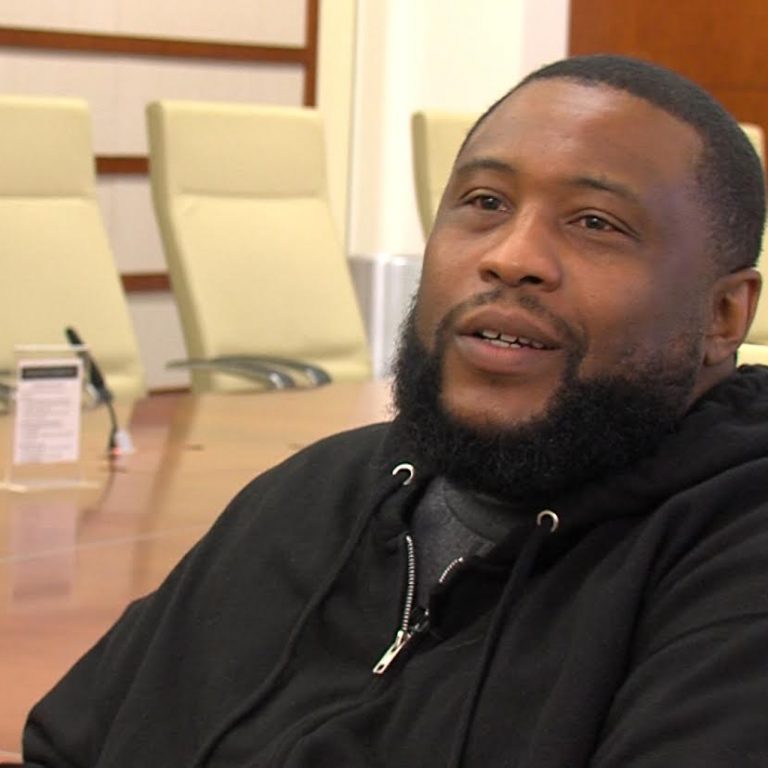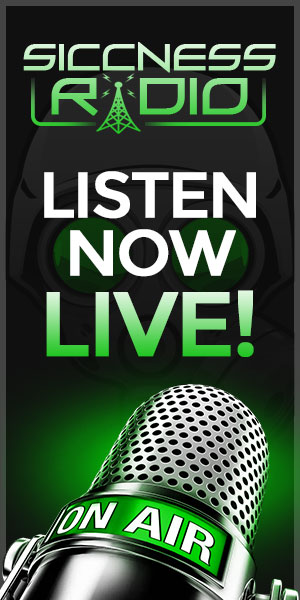Brandon Duncan, a San Diego rapper known as “Tiny Doo,” and Aaron Harvey are suing the city of San Diego claiming their civil rights were violated when they were arrested in 2014 under California’s gang conspiracy law.
The two men spent seven months in jail before a judge dismissed the gang conspiracy charges in 2015.
Now the men are suing the San Diego Police Department and two detectives because of the freedom they said they lost.
Duncan said the prospect of life in prison is tough for him to get over.
“I can’t go erase it, try to hide the fact that I just went to jail for nine shootings that I had nothing to do with or even knew happened,” he said.
The case gained national attention because of the state’s little-known gang conspiracy law, approved by voters under Proposition 21. San Diego County District Attorney Bonnie Dumanis used a statute in the law, Penal Code section 182.5, to arrest and prosecute Duncan, Harvey and 13 other men in connection to a string of gang shootings.
The law makes it a felony to be an active member of a gang, to know about the gang’s criminal activity and to promote, assist or benefit from the crime. A person found guilty of conspiracy faces the same prison time as someone who actually carries out the crime, which in this case was 25 years to life in prison.
Though not charged with the actual shootings, the evidence used against Duncan and Harvey included rap lyrics and social media activity.
“I was like yeah, right. I’ve never in my life heard of someone going to jail based on what they talk about in their music,” Duncan said. “You get the person who did the crime. You can’t go grab everybody based off somebody else’s crime. Get that person. Do real police work. That’s what you get paid to do.”
Duncan said his music is about his community, not a gang.
“When my mother brought me home from the hospital, she brought me to La Paz, which is a street in Lincoln Park. So yeah, I talk about my community a lot in my music. They felt like, oh, I was talking about a gang street when I talk about La Paz. Like oh, he’s talking about these gang-infested areas. I’m talking about where I grew up at, period,” Duncan said.
















Speak On It!